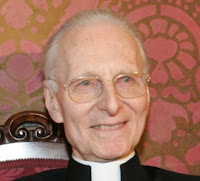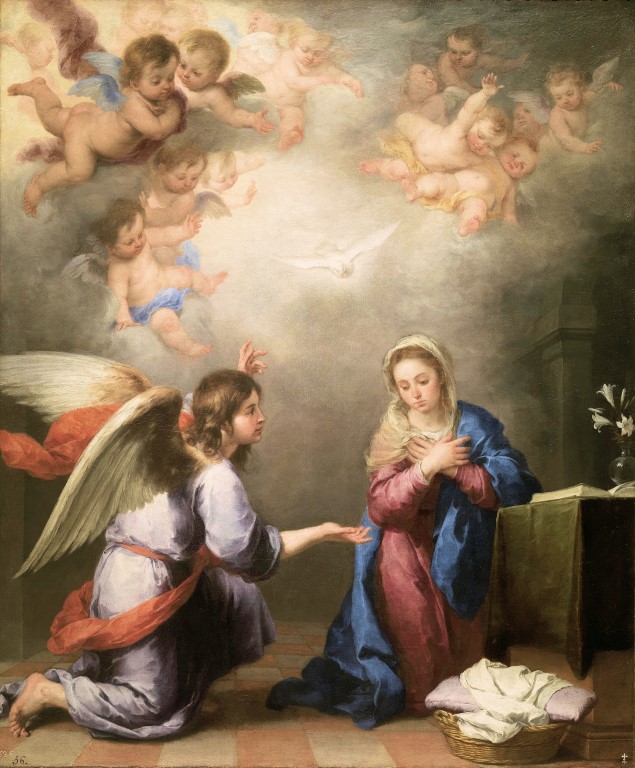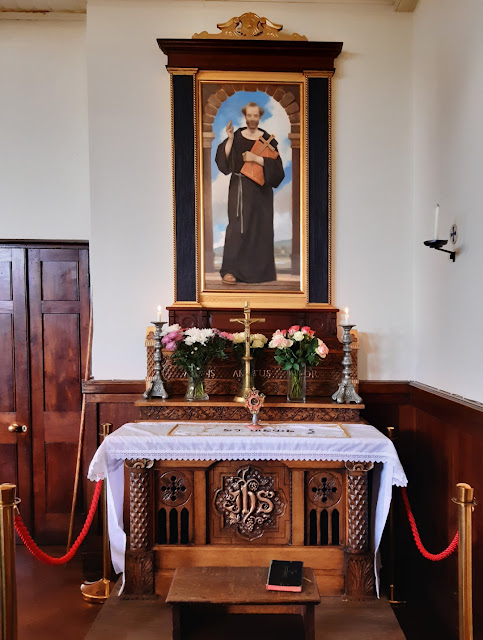Gherardini's book available from Carmel Books

Fr Hunwicke , Rorate Caeli and many other blogs commented in April on the book The book entitled "The Ecumencial Vatican Council II - A much needed discussion" by Mgr Brunero Gherardini, a Canon of St Peter's in Rome, which is available in English translation. In England it is available at £14.25 from from Carmel Books 45 Base Point Yeoford Way Exeter EX2 8LB email: enquiries@carmel-books.co.uk Tel: 01392 824255 Carmel Books is a small supplier of good Catholic books; it would be worth having a copy of their catalogue.







